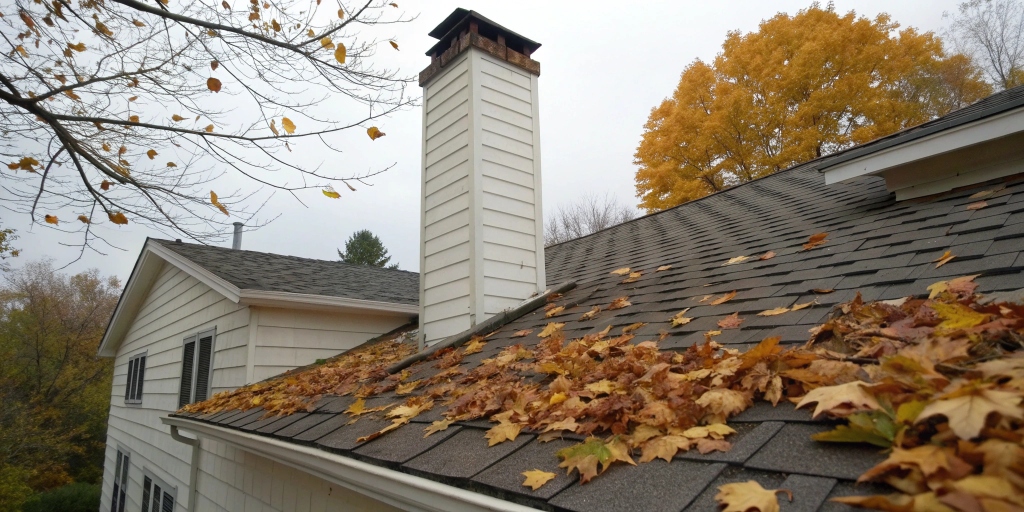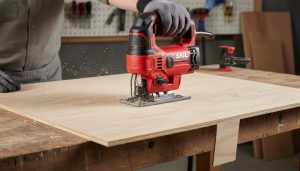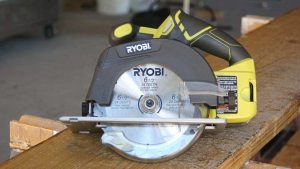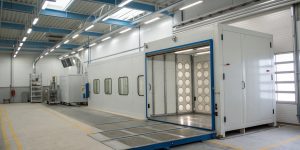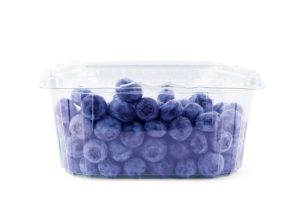What makes metals rust?
Most metals will rust or oxidise when they are exposed to an electrolyte such as atmospheric moisture and oxygen. But what is the exact cause of this and can it be prevented?
Oxidation is a term which describes the process of a substance reacting and combining with oxygen. In the case of rust, the combination of oxygen and an electrolyte causes a chemical reaction to occur on the surface of the metal, resulting in the formation of corrosion on its surface.
Do the effects of corrosion differ on different metals?
The corrosion or oxidation that appears on steel is often highly visible and loose. As it easily falls away from the surface, it then starts to expose even more of the base material to the environmental conditions that caused the oxidisation in the first place.
Stainless steel has added chromium and nickel, which doesn’t protect against corrosion but does affect its appearance. When rust forms on stainless steel, it forms a much more uniform layer that is less likely to flake away from the surface. As such, the material underneath is almost sealed and protected from additional oxidisation.
Is it possible to prevent metals from rusting?
The process of electroless nickel plating places an alloy coating on a substrate material to provide corrosion and wear resistance. You can learn more about this process on the websites of specialists such as www.poeton.co.uk/surface-treatments/plating/electroless-nickel-plating/.
There are also a number of other benefits of ENP, including improving the overall versatility of substrate materials, enhancing abrasion resistance, and minimising the amount of friction that occurs between moving parts.
